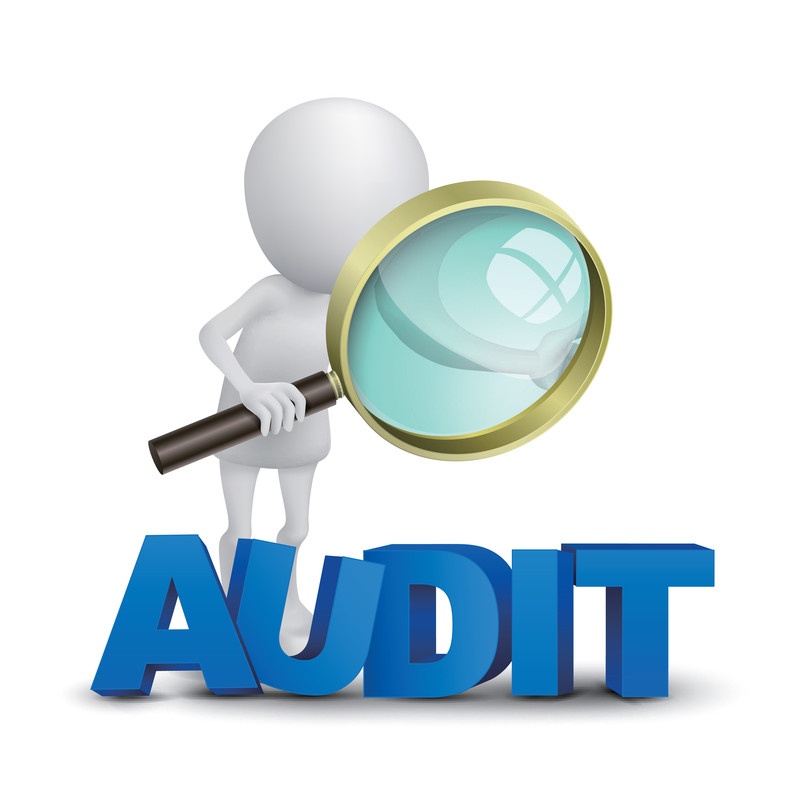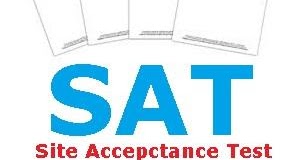Types of Audit in Pharma company
Auditing
Audit types
General Considerations
The quality audit has been defined in a number of ways e.g. “An independent and formal review to determine the degree to which processes/products conform to standards set forth for them”, or “A systematic and independent examination to determine whether activities and related results comply with planned arrangements, and whether these arrangements are implemented effectively and are suitable to achieve the desired objectives”.
Whatever emphasis is used, the quality audit is a key management tool for monitoring the suitability of a company’s quality management system and in driving continuous improvement leading to GMP compliance and inspection readiness.
It may be appropriate to combine GMP / quality management system audits with safety, health and environmental (SHE) audits in order to reduce the overall number of audits performed. However, before the decision to combine these audits, careful consideration in order to derive maximum benefit is needed.
Audits Classification
From an API manufacturer’s point of view perhaps the most obvious distinction between audits is whether they are internal audits (a form of independent self assessment) or external audits (as may be performed on a critical raw material supplier).
Internal Audits
These may be conveniently subdivided into ‘local’ audits of individual plants and departments or projects, or ‘corporate’ audits performed by a central auditing group in order to assess conformance with corporate policies and standards.
These audits are likely to be structured to systematically provide in-depth knowledge of the effectiveness of the quality management system over the defined period of time. It is an internal check against internal, and where appropriate external, specified requirements reflecting the legal situation.
External Audits
By their very nature external audits performed on suppliers and/or contractors are checks against unknown environments of a product or service. They should evaluate if the GMP compliance status of the supplier is suitable for its intended purpose. Such audits should not intend to impose customer standards on suppliers. These audits tend to be broader in scope, dipping into greater detail where problems are suspected.
External audits are characterised as a check against the relevant international and/or local requirements given by the authorities. Other demanded standards (e.g. internal) are subject to discussion with the auditee.
External audits may be further subdivided with regard to their focus. While the search for evidence of an effective quality management system is a common goal, the level of required GMP may differ depending upon the criticality of the material and/or service
(e.g. API, raw and/or packaging material, subcontracted registered intermediates).
Audits may also be used to approve (and/or qualify) suppliers and contractors. On-site auditing is recommended for suppliers of key services, critical raw materials, and contractors used for outsourced manufacture of API or intermediates.
Although auditing should focus upon suppliers of critical materials and services this need not be the only means of determining compliance. Alternative means of assessing compliance include responses to questionnaire, historical performance (including statistical evaluation of available data) and compliance history, reputation, third party
certification, successful authority inspections, etc.

6.1.3 Justification
Audits may be conducted for a variety of reasons.
• As part of the Manufacturing Authorisation Holder evaluation to support a QP declaration of compliance to ICH Q7 for the API used as a Starting Material in the manufacture of Human or Veterinary Medicinal Products.
• As part of Supplier Qualification, a Pre-approval audit may be necessary
• ‘Start up’ audits would review the adequacy of new facilities and/or manufacturing processes prior to full scale production.
• As part of a periodic supplier evaluation, a ‘follow up’ audit would be scheduled to monitor and ensure an adequate level of compliance is being maintained.
• A ‘for cause’ audit may be performed to investigate a specific quality failure or process deviation and/or to prepare for a regulatory inspection.
Other audit drivers may include the desire to support the content of an approved list of suppliers and/or a reduced incoming materials testing programme.
Reference: AUDIT GUIDE -ACTIVE PHARMACEUTICAL INGREDIENTS COMMITTEE (APIC)
Thank you for visit and for more pharma updates click here – https://pharmaguidances.com
